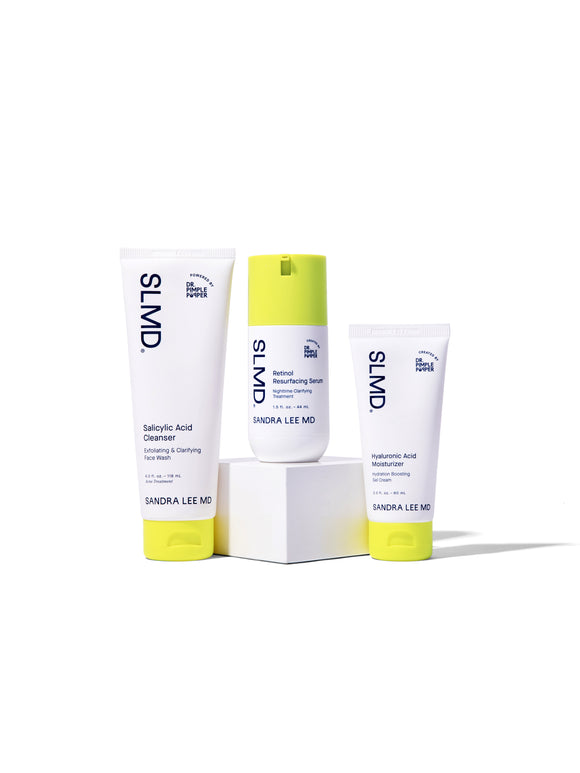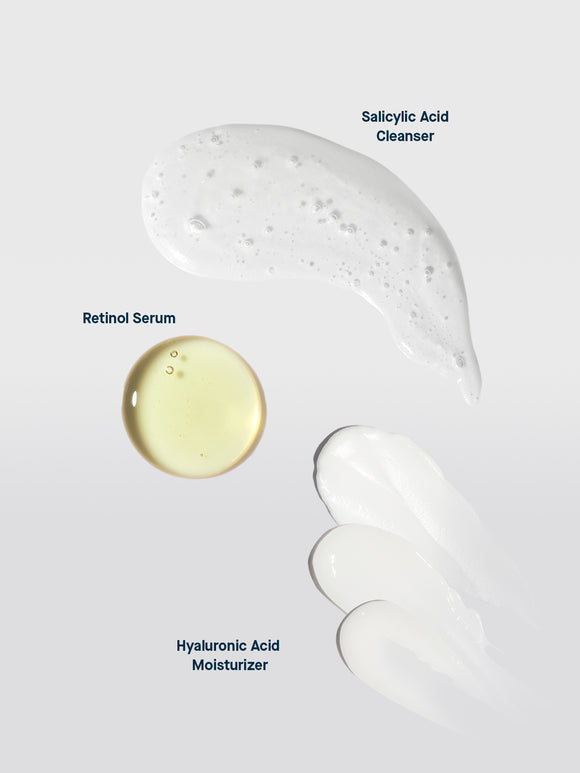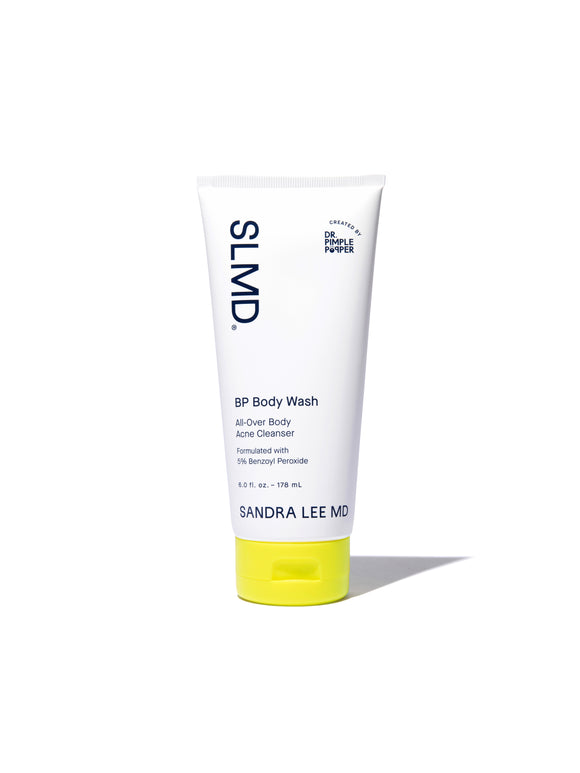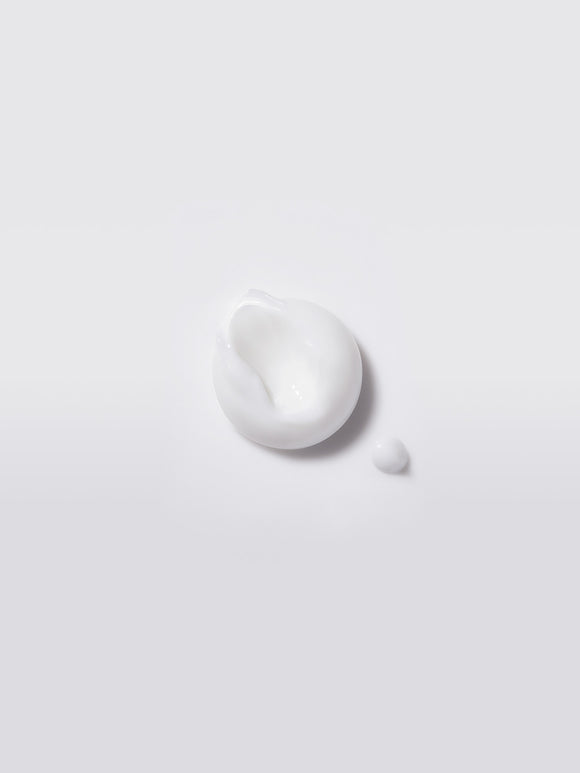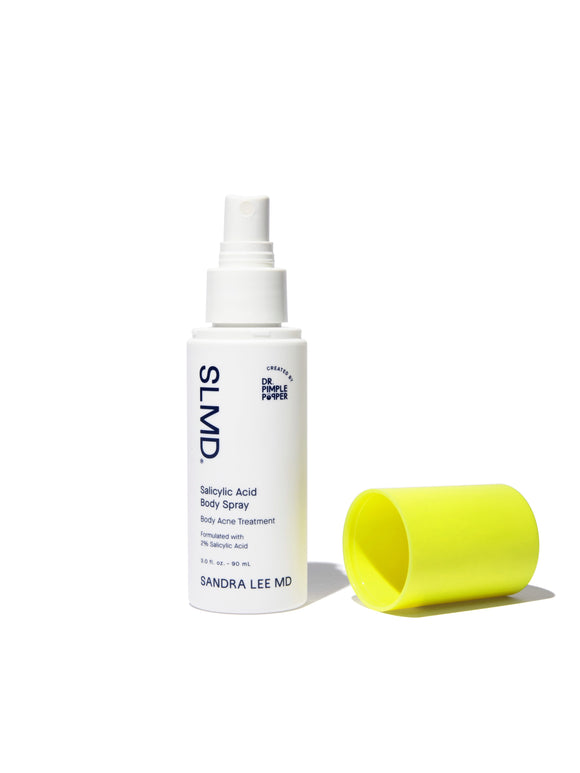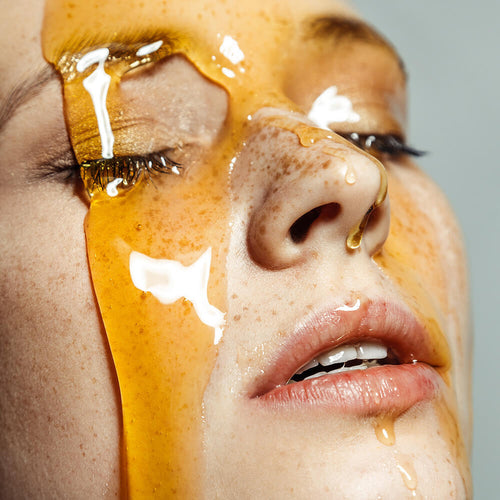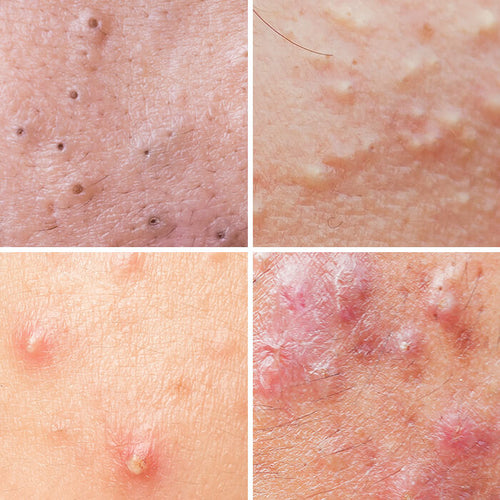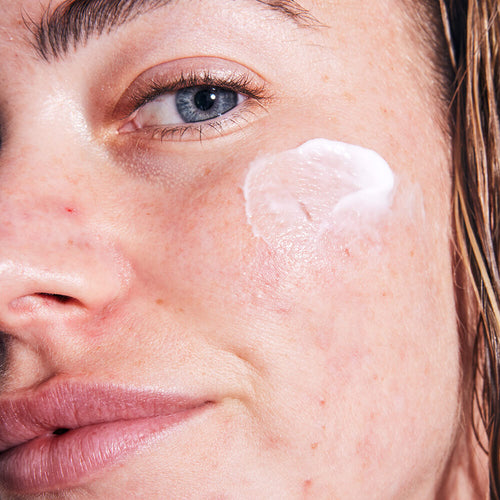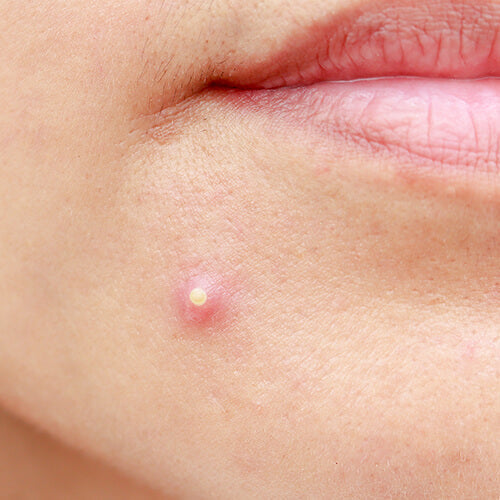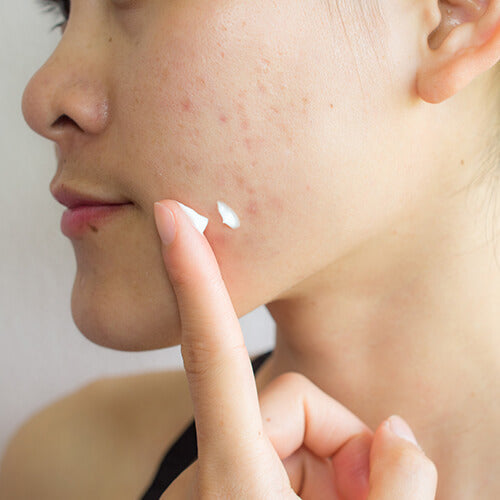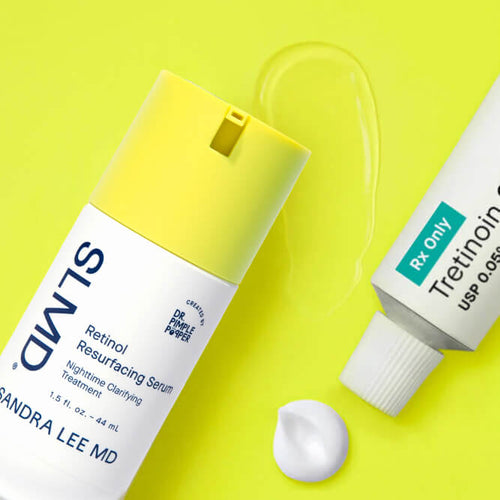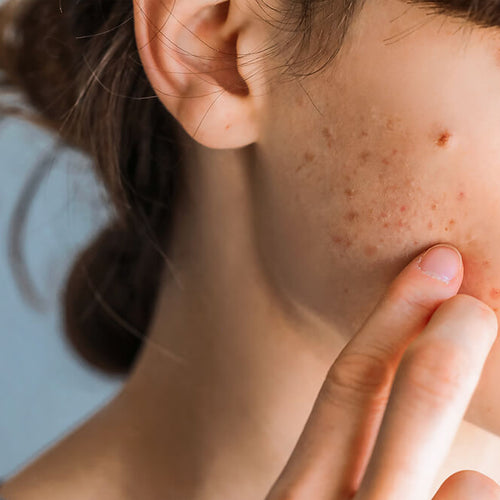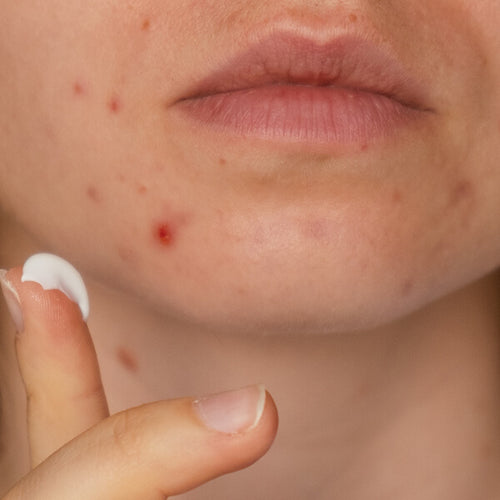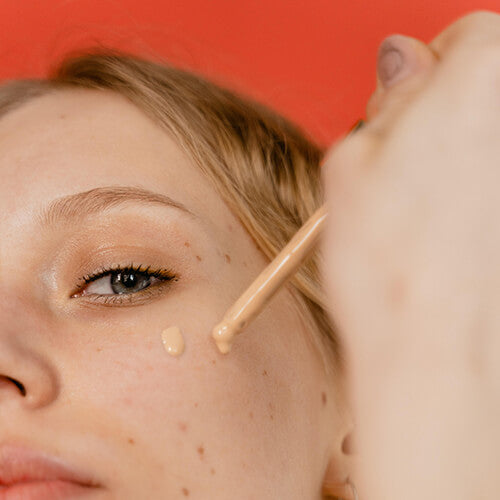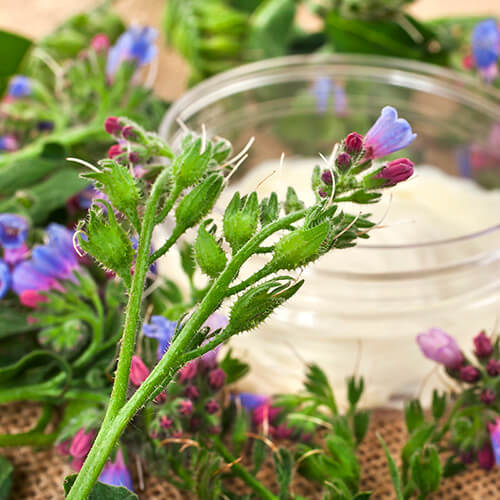
Ingredient Spotlight: Allantoin
It's the hardest-working, skin-soothing superstar you've never heard of.Published:
2 minute read
It may not be the trendiest ingredient out there, but allantoin is an ancient skincare staple that’s still going strong. And for good reason: according to dermatologist and SLMD Skincare founder Sandra Lee, MD (aka Dr. Pimple Popper), this time-tested ingredient is a soothing superstar. Read on to learn why she recommends incorporating allantoin into your skincare routine.
Article Quick Links
Where does allantoin come from?
The discovery of allantoin (uh-LAN-toe-in) didn’t happen until the 20th century, but this compound has actually been used throughout history in its natural plant form: Symphytum officinale, aka comfrey. A bushy plant with wide leaves and bell-shaped flowers, comfrey has been valued by cultures around the world — from the ancient Greeks to the Native Americans — for its medicinal wound healing abilities.
In modern times, allantoin has also been naturally sourced from other plants like chamomile. But in most skincare today, the compound is produced synthetically, as the lab version is identical, purer, and more sustainable.
What does allantoin do for your skin?
Think of allantoin as the best supporting actor of your potent skincare treatments: it may not be the star, but it plays a crucial role. Here are the highlights:
- Skin soothing. Research shows that allantoin calms irritated skin, reduces redness and soothes skin.
- Wound healing. Allantoin stimulates cell proliferation and promotes wound healing, accelerating the process of skin repair.
- Moisturizing and hydrating. Several studies have confirmed allantoin's role in enhancing skin hydration and relieving dryness.
- Improvement of skin texture. Partly due to its mild keratolytic effect, allantoin helps smooth the skin's surface and reduce the appearance of fine lines and wrinkles.
Dr. Pimple Popper's Skincare Picks
What skin concerns/conditions does allantoin treat?
It’s worth noting that the safety and overall skin tolerance for allantoin has been shown in numerous studies, making it a versatile ingredient useful for managing a range of skin concerns.
- Sensitive skin: Helps soothe and reduce irritation and redness
- Dry skin: Improves moisture retention and hydration
- Acne-prone skin: Assists in gentle exfoliation and soothing inflammation
- Sunburn: Aids in soothing sunburned skin and promotes healing
- Eczema and psoriasis: Reduces irritation and helps manage dryness and scaling
- Minor wounds and cuts: Promotes faster healing and reduces the risk of scarring
- Aging skin: Contributes to smoother skin texture and can help diminish the look of fine lines
- Razor burn: Soothes skin post-shaving and can help prevent razor bumps
- Chapped or cracked skin: Aids in repairing and soothing the skin barrier

Dr. Lee's Last Word
Allantoin may not be the most talked-about skincare ingredient, but it’s certainly beneficial for soothing and calming skin, especially while using potentially drying and irritating acne and well-aging treatments.







